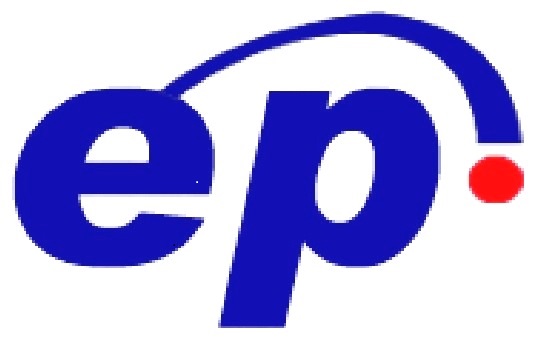Frequently Asked Questions
Why should I choose Engineering Plastics to make my parts?
How safe is my intellectual property?
At Engineering Plastics, we take every measure to safeguard your IP and data. We work under strict Non-Disclosure Agreements with all our customers. Our staff, associates, and vendors in turn all have to sign NDAs, and customer or product information is never shared with anyone except as functionally required to fulfil an order.
What types of businesses and industries does Engineering Plastics serve?
Engineering Plastics works with businesses of all scales, including startups, OEMs, and large manufacturers. The industries we serve include consumer products, electronics, automotive, electrical, industrial, medical devices, lighting, and many more. For confidentiality reasons, we do not disclose the names of specific customers except where permitted to do so.
What manufacturing facilities does Engineering Plastics have?
Engineering Plastics operates a modern facility with over 13,000 square feet of cutting-edge manufacturing and inspection infrastructure, with capabilities including injection moulding, machining, assembly, and testing. Certified IATF 16949:2016 (ISO 9001:2015), our plant is located in one of the world’s most cost-effective manufacturing hubs in Mysore, India. Our unique ability to scale up to meet customer demand means that we can expand infrastructure for projects that require it.
How many machines does Engineering Plastics have?
We currently have 13 thermoplastic injection moulding machines, ranging from 7 to 260 tonnes, as well as advanced CNC milling, universal testing, and video measuring machines. We are constantly adding and upgrading our equipment and capabilities as we grow, so these numbers keep changing.
How does Engineering Plastics quote me for my part?
Getting a free manufacturing assessment and quotation is as simple as uploading your 3D CAD model and answering a few questions via our RFQ form. We normally quote within 2 business days, or we may get in touch to request additional information that may be required. In case there are any potential manufacturability issues, our engineers highlight these in the assessment and also suggest possible solutions – all at no charge to you.
What 3D CAD formats do you accept?
We accept files in IGES (.igs) or STEP (.stp) format.
What if I don't have a 3D CAD model? Can you create one for me?
Yes. We work with highly experienced design partners who can design or reverse engineer parts for you. Please get in touch, our team will be happy to assist.
Does Engineering Plastics handle secondary operations?
Yes. From child-part sourcing, to assembly, welding, painting, and more, Engineering Plastics offers a wide array of secondary / value-added services.
Does Engineering Plastics offer 3D printing?
Yes, we work with highly experienced partners to offer a variety of 3D printing technologies, including Fused Filament Fabrication (FFF, also known as FDM), Selective Laser Sintering (SLS), Stereolithography (SL), and PolyJet.
What is the typical cost of an injection moulding tool and moulded part at Engineering Plastics?
Tool / mould costs vary widely depending on the size, complexity, and expected life of the tool / mould. A tool for a very simple part may cost as little as $300, while larger and more complex tools can cost upwards of $3000. With the larger production volumes generally associated with injection moulding projects, tool costs are efficiently amortised across the large number of parts, and cost-per-part is often quite low. Parts can range from $0.01 to $2.00 or higher per part, depending on the part’s material, size, complexity, requirement of inserts, other downstream operations, and of course, production volume. The best way to find out is to get a free quotation and manufacturing assessment for your part.
What is the typical cost of a machined part at Engineering Plastics?
Machined parts may cost as little as $10, depending on material, size, and complexity. Features such as sharp-edged slots or slender holes and projections tend to increase machining time required and accordingly, cost. The best way to find out is to get a free quotation and manufacturing assessment for your part.
What is the typical cost of a 3D printed part at Engineering Plastics?
Prices for 3D printed parts start from $20. Contact us for a free quotation for your 3D CAD model, for accurate pricing on your part.








